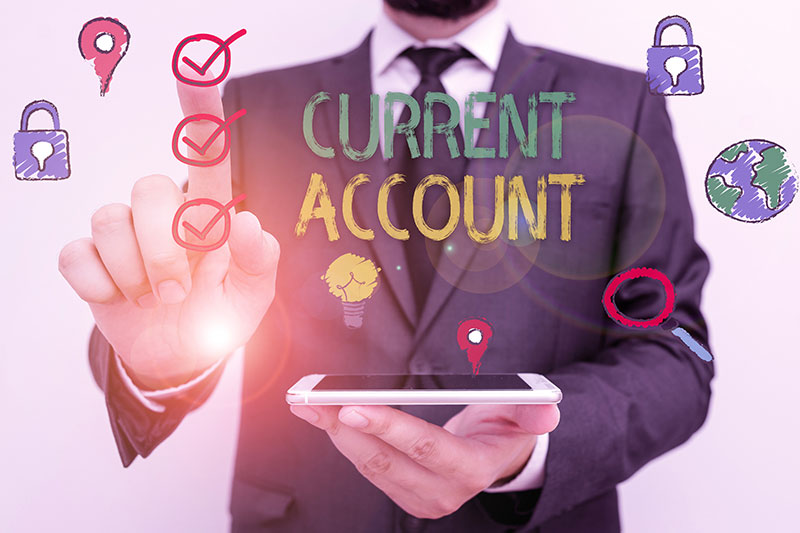
In today’s fast-paced and digital world, managing your finances effectively is more important than ever. One of the key tools in your financial arsenal is a current account. Understanding the role of current accounts in effective money management can help you make smart decisions about where to keep your money and how to best utilize it.
What is a Current Account?
A current account is a type of financial account that allows you to deposit and withdraw funds as needed. It is typically used for everyday transactions such as paying bills, making purchases, and receiving salary payments. Unlike a savings account, which is designed for long-term saving, a current account is meant to be a flexible and convenient way to manage your day-to-day finances.
Benefits of a Current Account
There are several benefits to having a current account as part of your financial toolkit. One of the key advantages is the ease of access to your money. With a current account, you can withdraw funds from ATMs, make online payments, and set up direct debits and standing orders. This convenience makes it simple to manage your cash flow and stay on top of your financial obligations.
Another benefit of a current account is the ability to earn interest on your balance. While the interest rates on current accounts are typically lower than those on savings accounts, having your money in a current account can still help you grow your wealth over time. Some current accounts also offer other perks, such as cashback on purchases or fee-free international transactions, which can add value to your banking experience.
Digital Current Accounts
With the rise of digital banking, many financial institutions now offer digital current accounts that can be managed entirely online or through a mobile app. Digital current accounts provide all the same benefits as traditional accounts, but with the added convenience of 24/7 access and streamlined account management.
Digital current accounts often come with features such as real-time transaction notifications, budgeting tools, and the ability to easily send money to friends and family. These tools can help you track your spending, set financial goals, and make informed decisions about where to allocate your funds. With a digital current account, you can have a complete view of your finances at your fingertips, making it easier to stay on top of your financial goals.
Tips for Effective Money Management with a Current Account
To make the most of your current account and improve your overall money management, consider implementing the following tips:
- Set up online banking and regularly monitor your account activity to track your spending and identify areas where you can cut back.
- Use budgeting tools offered by your bank to create a spending plan and set financial goals.
- Take advantage of features such as automatic bill payments and standing orders to ensure you never miss a payment.
- Consider setting up separate current accounts for different purposes, such as one for bills and one for discretionary spending, to better organize your finances.
- Compare current account options from different providers to find the best account for your needs, taking into consideration factors such as interest rates, fees, and additional perks.
By following these tips and understanding the role of current accounts in effective money management, you can take control of your finances and work towards achieving your financial goals.







